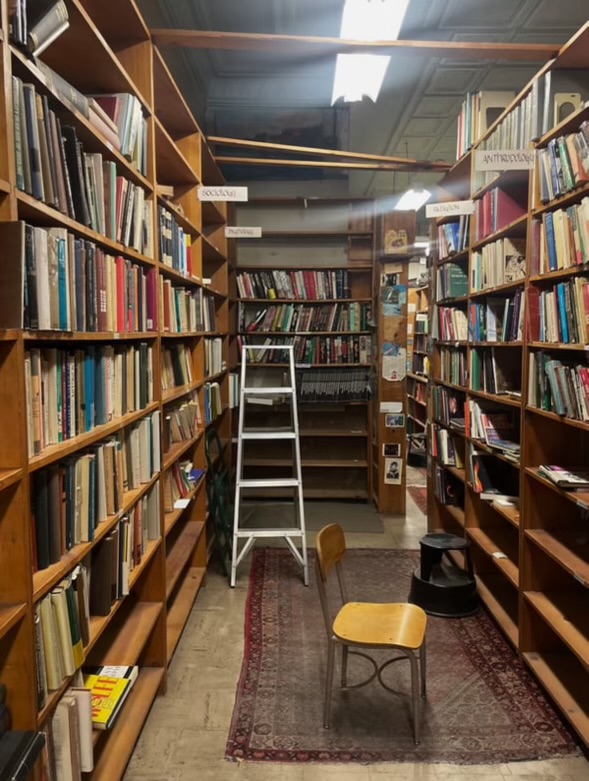On the heels of an open records requests in Michigan that publicized an extramarital affair of Detroit Mayor Kwame Kilpatrick, Madison city officials are looking to set standards for changing technologies in the city.
After a year of detailed study and work, Mayor Dave Cieslewicz and Ald. Zach Brandon, District 7, will introduce an ordinance to the City Council later this month clarifying the forms of electronic communication city employees use that are open to the public.
Rapidly changing electronic communication technology, like text messages, instant messages and Facebook prompted Brandon to ask, ?What is an open record and what is not an open record??
Currently, the Wisconsin public record law says electronic communications are open records, but does not specify which types of electronic communication are included, Brandon said.
?[The city] has gone the extra step to define what that means,? Brandon said.
Bill Lueders, president of the Wisconsin Freedom of Information Council said the city essentially used the state?s record law as a model to update its own open records law.
Cieslewicz and Brandon worked with Assistant City Attorney Roger Allen to identify issues the city?s open record law would include and also to draft the ordinance, which only applies to elected city officials and employees.
The city officials concluded e-mail is the only form of electronic communication fit to be open to public at this point in time.
?The argument the city attorney makes is that text messages and instant messages are not things you can easily capture,? Brandon said. ?There is no easy way to get a text message out of a phone.?
He said it is the same for instant messages, adding they are not something easily recorded or saved.
?[The ordinance] does explicitly say e-mails are public records and prescribes a required protocol for archiving e-mails and other kinds of records, including video records,? said Lueders, who is also the news editor of The Isthmus.
Robert Drechsel, University of Wisconsin journalism professor, specializes in media law and says he questions the motivation behind the city?s ordinance.
?To me it looks like a way of restricting what constitutes a record rather than anything else,? he said.
?It brings the city?s law into the 21st century,? said George Twigg, spokesperson for Cieslewicz. ?Our old public record law didn?t really take anything into account like text messages and instant messages and all the changes that have occurred in recent years.?
The public record law enables someone to request to see any public record.
?That is how the media gets a lot of information when the city does not want to release it,? Brandon said, adding it is a very good law.
Drechsel said rather than crafting a city-specific ordinance, the city should ask the attorney general to create an open record law that works at the state level.
?I think the city has done a good job and that this public record ordinance could serve as a model for other municipalities,? Lueders said. ?Racine and Sheboygan don?t need to reinvent the wheel. ? They can just take the work Madison has done.?
Although Brandon and Cieslewicz have been working on the open record law for a year, Brandon said. ?The job has just really begun because we are going to have to stay on top of new technology.?
But even a good open records ordinance does not guarantee the public will comply with the rules.
?There still will be battles over records the public can obtain,? Lueders added, saying the Wisconsin State Journal is in the middle of a lawsuit against the Madison Police Department for refusing to release records about an officer who resigned.
?The problem with open records compliance is rarely the law ? the law is pretty good,? Lueders said. ?The problem is with the compliance.?







